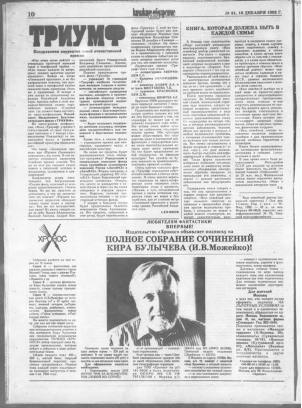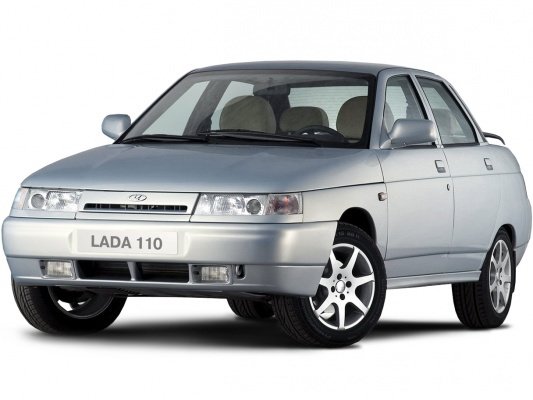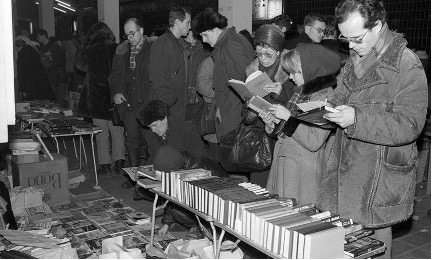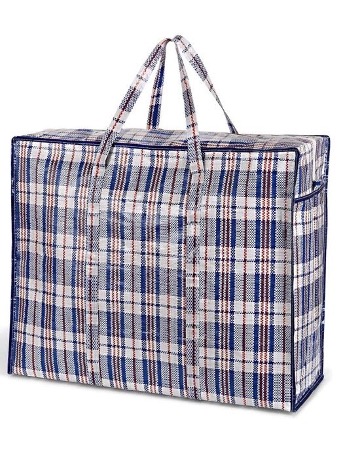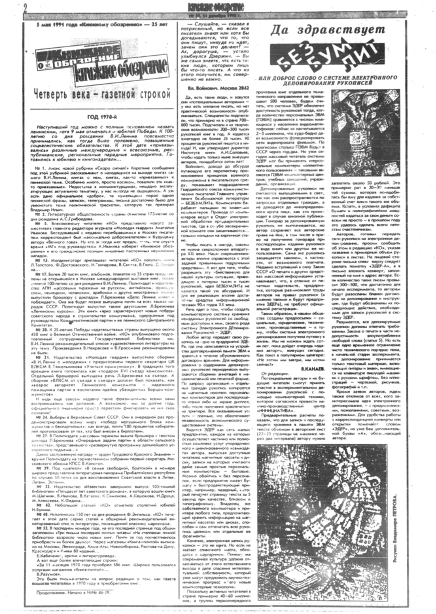Explore: event » privatization
The Triumph Prize
Launched at the same time as the Russian Booker and funded by the newly minted oligarch Boris Berezovsky (1946-2013), the Triumph Prize promised an even broader program of cultural guardianship and philanthropy.
Lada 110-series
The first post-Soviet Lada model, the VAZ-2110, appeared in 1995 and sold for between $5,000 and $8,000. Targeted at the emerging middle class, the car represented the manufacturer’s hope that Russian production and consumer power could come together to build a domestic market that would advance the economy beyond raw materials extraction and imported consumer goods.
Olympic Stadium Book Market
The center of the post-Soviet book trade established itself in the corridors of the enormous stadium built for the 1980s summer Olympic Games in Moscow. It was chaotic, even dangerous, but also presented an embarrassment of literary riches.
Kletchataia sumka, Chelnoki, and Ostap Bender
An entry in “Argumenty i fakty”'s occasional column "Ugolok O. Bendera [Ostap Bender’s Corner]," a reference to Il’f and Petrov’s trickster hero of the 1920s, gave advice to beginning "chelnoki," or small-trade merchants who would travel—some across international borders—to find cheap items and sell them at markups back home. The checkered bag became a symbol of these petty merchants and of the hand-to-mouth experience of living in the 1990s.
Long Live PaperLessLit
Soviet paper shortages, new computer technologies, and the lifting of censorship come together in an unexpected way in this proposal to preserve manuscripts of unpublished authors for posterity.
